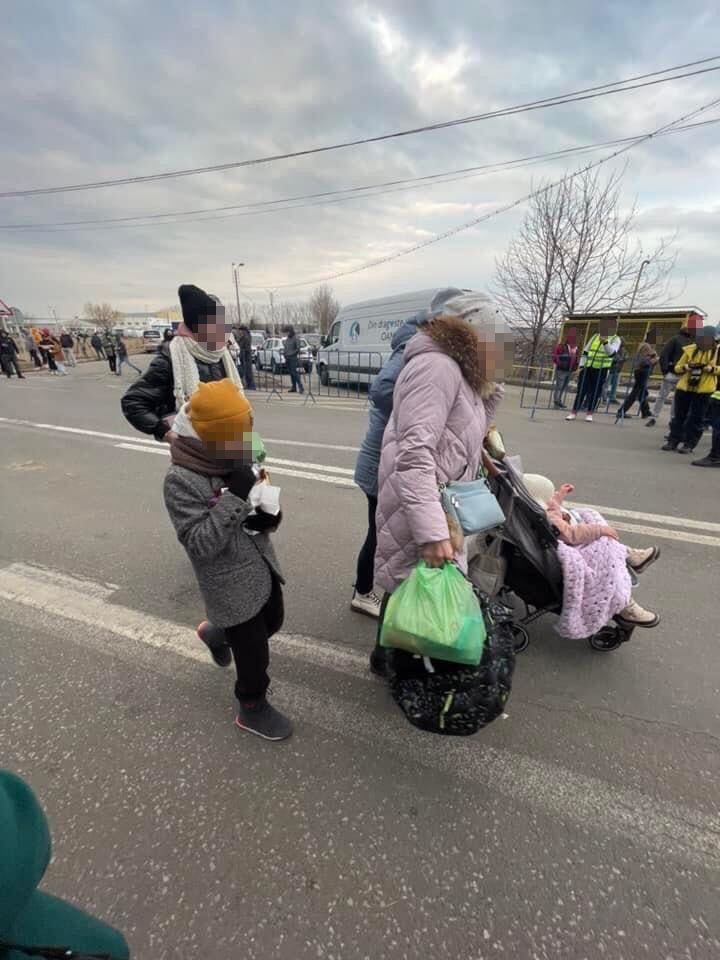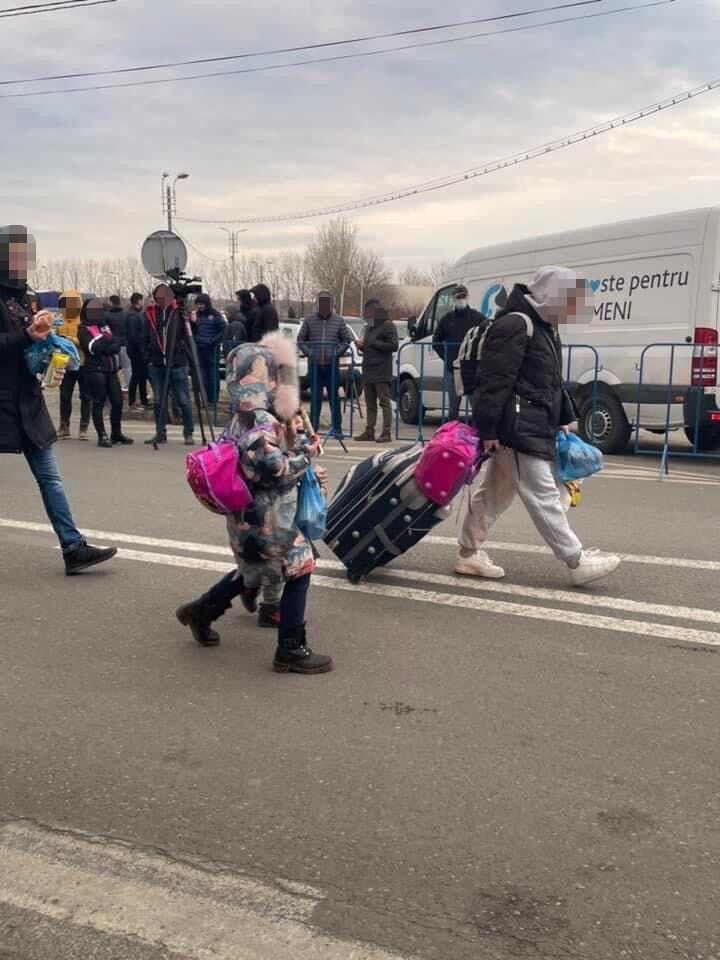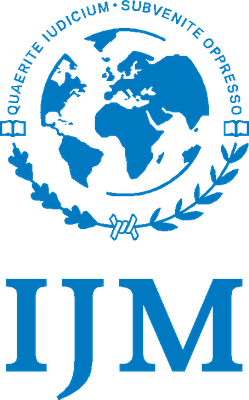Written by Andy Bevan. Andy is the Chief Advocacy & Impact Officer at International Justice Mission UK.
With more than six million Ukrainians believed to have fled their country since the outbreak of war, NGOs and aid agencies such as UNHCR have warned of the ease with which vulnerable women and children can fall prey to human traffickers. Their desperate need for shelter, transport and work means that refugees can quickly become trapped in exploitative situations.
As an NGO working to tackle cross-border trafficking in Europe and around the world, our International Justice Mission (IJM) teams have seen first-hand the risks that refugees have faced at the Romanian border and beyond. From the very beginning of the crisis, we have helped ensure that anti-trafficking measures are integrated into the humanitarian response. In partnership with local NGOs, we’ve provided safe transport, food, supplies and SIM cards; distributed information to refugees to help them identify risks and stay safe; and trained partner shelters to understand how traffickers operate and safeguard refugees. These short-term actions have already resulted in successful interventions for hundreds of at-risk individuals.

Now, as the longer-term effects of mass displacement are starting to be seen, it is essential that anti-trafficking measures continue to sit at the center of response efforts. Further risks are emerging as many refugees, especially those who were already on lower incomes, run out of resources and become vulnerable to false offers of work by traffickers, or find themselves vulnerable to exploitation in countries they have now arrived in, including the UK. Cross-border trafficking networks were already well-established within Europe prior to the outbreak of war, meaning that traffickers are worryingly well-placed to take advantage of an ever-widening pool of potential victims. We are working to ensure that those moving on from shelters have a trusted contact to help them integrate once they arrive at their destination and manage these mid- to long-term vulnerabilities.
As the situation progresses, it will remain important to meet refugees’ immediate needs. However, truly tackling the problem of cross-border trafficking in Europe will require systemic change, including effective cooperation and partnership between governments, law enforcement and justice systems in both source and destination countries. Survivors must be supported through trauma-informed care and adequate compensation, and their lived experience must be listened to by those designing solutions; law enforcement must have the capacity to investigate and identify trafficking and intervene using trauma-informed methods; and justice systems must hold traffickers accountable. Governments also have an essential role to play in ensuring that survivors receive coordinated care between countries, ending impunity for traffickers, and ensuring law enforcement is well-resourced. In our previous casework, IJM has seen meaningful long-term change through adopting a whole-systems approach, with reductions in trafficking of up to 86%.

The Ukraine crisis has intensified the need to strengthen Europe’s anti-trafficking response, by shining a light on an existing issue. By taking the opportunity to build stronger systems, we can ensure protection for refugees and other vulnerable groups now and in the future.

